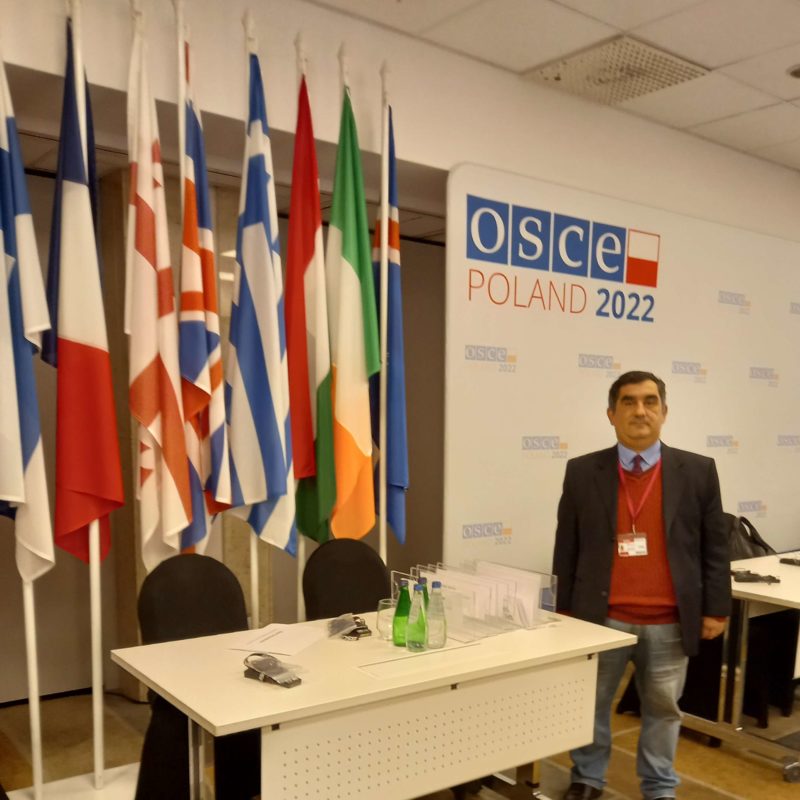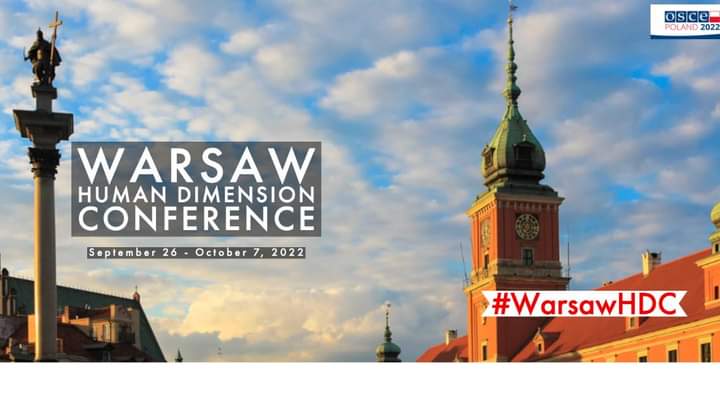International case law on freedom of expression did not yet come to address specifically disinformation-related legal questions. Still, the conclusions from existing case law are obvious. On the one hand, imparting information, even false facts, is protected unless it violates the rights of others or concrete public interests such as public health, morals, or security. The press enjoys a specific privilege and currently, even bloggers and other unofficial authors may be regarded as public watchdogs for the purposes of protection.
Disinformation and related informational problems are incredibly complex, and cannot be solved with conventional measures that target specific behaviors. Measures that limit the spread of disinformation, such as limitation or labelling rather than removing or fully blocking it, are regarded as more proportionate in the practice of the Court of Justice of the EU and the European Court of Human Rights.
In many cases we are facing with the massive disinformation, which is becoming pervasive in online social media to the extent that it has been listed by the World Economic Forum (WEF) as one of the main threats to our society.
The actively anti-Azerbaijani campaign in Armenian and Russian media appeared during and after the 44-day Karabakh war. As an example, various media outlets not only in Armenia and Russia, but also in some Western media, circulated disinformation about the war and also about the recent events in non-demarcated border between Armenia and Azerbaijan. On June 2022, the Access to the website of the RIA Novosti has been restricted in Azerbaijan, legitimately, because of disinformation and of slanderous and separatist information by the news agency, which met with strong protests in Azerbaijani society.
On July 2022, Russia Today lost its court fight against a European Union ban imposed in March over alleged disinformation. Europe’s second highest court upheld the EU decision.
How to counteract with disinformation? I think the beast way is to avoid the selective approach in relations to countries and cases.



